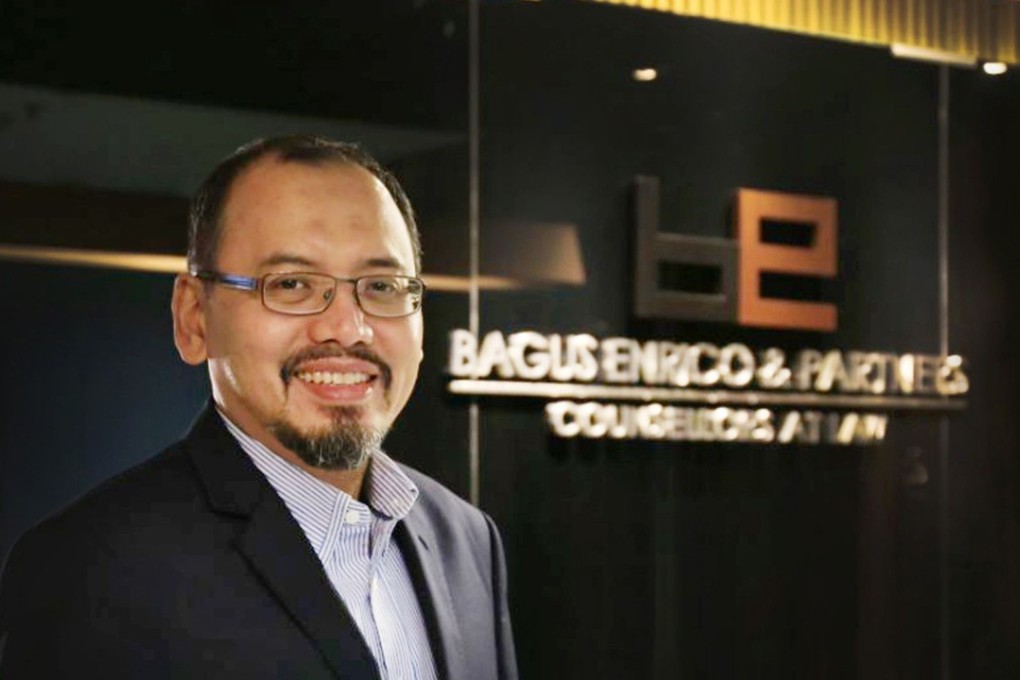BE Partners steers investors through nuances in domestic business landscape

The local elections sparked excitement not only among locals. Foreign investors were on the edge of their seats as well, and for good reason.
“The outcome of the polls affects how people do business in Indonesia,” says Bagus Nur Buwono, managing partner of Bagus Enrico & Partners (BE Partners), a corporate and commercial law specialist with a large international clientele. “For the regional government outside Java, how they structure business policies will largely depend on who is going to be the governor or mayor.”
BE Partners has guided many clients through shifting business regulatory frameworks. A global tyre manufacturer had to comply with new import quotas, while an Italian power generation company wanted legal documentation for land ownership in Indonesia where only about half of the properties have land titles. BE Partners provides such end-to-end bespoke legal and business advisory services with global legal network Alfa International, while welcoming further collaborations with other foreign law firms.
“We have to first understand our clients’ business so we can identify the major issues to be settled with the government regulator,” Buwono says. “We meet with public officials to make sure the way they have drafted the regulation is truly in line with their original intention.”
Overcoming such temporary political obstacles, however, is highly rewarding. As the biggest economy in Southeast Asia, Indonesia offers a growing middle-income class forecast by BE Partners to reach around 150 million people by 2030. The gross domestic product and exports are on a rebound without overheating as inflation rates are seen to slip further. Moreover, the government has rolled out its 16th economic policy package, which streamlines the long bureaucratic process involved in business applications.
“There are huge opportunities here, especially in the e-commerce, infrastructure and financial sectors,” Buwono says. “This year is an excellent time to enter the Indonesian market. Coming in later may mean losing to the competition.”